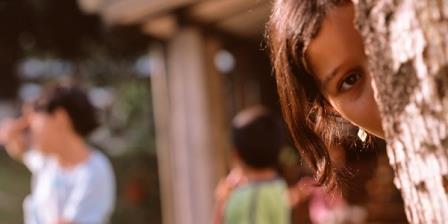
No child should grow up alone. Yet one in ten children worldwide is growing up without the care they need. These are the children we work to support. The reasons why children cannot live with their parents vary.
By conservative estimates, as many as 1-in-10 of the world’s children, or 220 million children, have lost parental care or risk losing it because their parents are unable to care for them.
The absence of a stable, protective family exposes children to multiple risk factors. Their physical, psychological and social development may be hindered by insufficient nutrition, no access to education or health care, and lack of the emotional connection and support that every child needs.
Without a caring and protective parent, a child is more vulnerable to neglect, abuse, discrimination and exploitation.
Why children lose parental care
Children can lose parental care for various reasons. Some of the main ones are:
- Poverty – 570 million children and their families live in extreme, debilitating poverty.
- Death – 140 million children have lost one or both parents. At least 13 million have lost both parents. HIV/Aids and natural disasters are some of the main causes of orphanhood.
- Disability – At least 93 million children live with disabilities. They are more likely to be discriminated against and lose parental care.
- Armed conflicts and violence in unstable states and communities.
Often, it is a combination of these causes that leads to the loss of parental care.
But none of these reasons, except for true orphanhood, should lead to a child losing parental care. Most are preventable.
That is what the dedicated social workers in our family strenghtening programmes are there for. SOS Children’s Villages works through a range of programmes to help avoid family breakdown and separation.
When family breakdown cannot be avoided, SOS Children’s Villages provides quality alternative care so children can grow in a caring family environment.
Source: SOS Children’s Villages
http://www.sos-childrensvillages.org/what-we-do/quality-care/child-at-risk
 FR
FR EN
EN AR
AR








